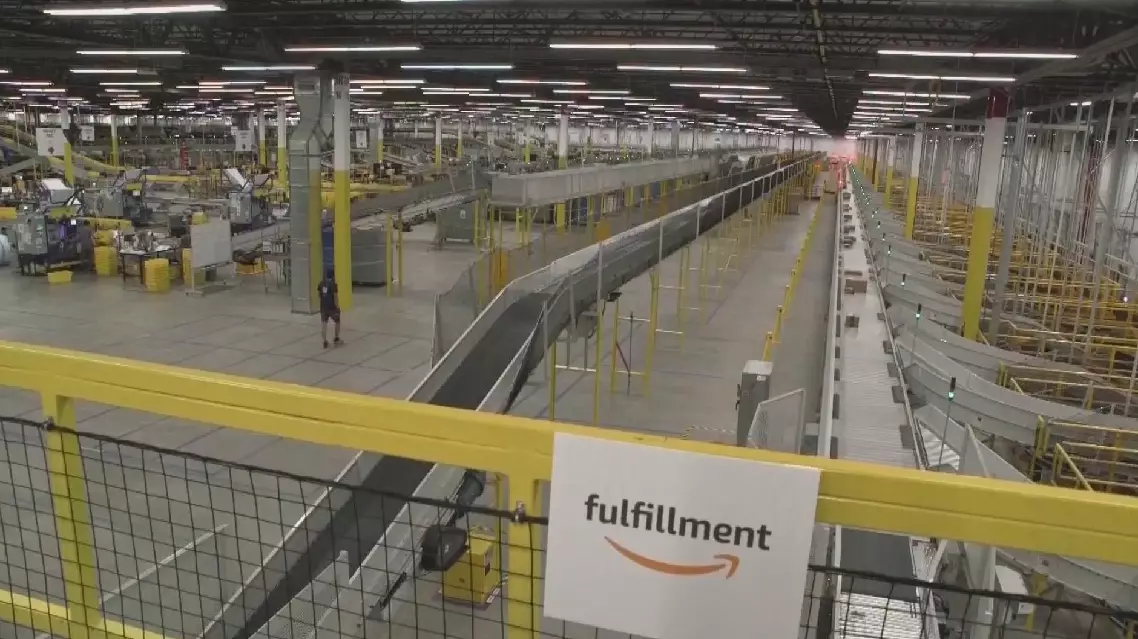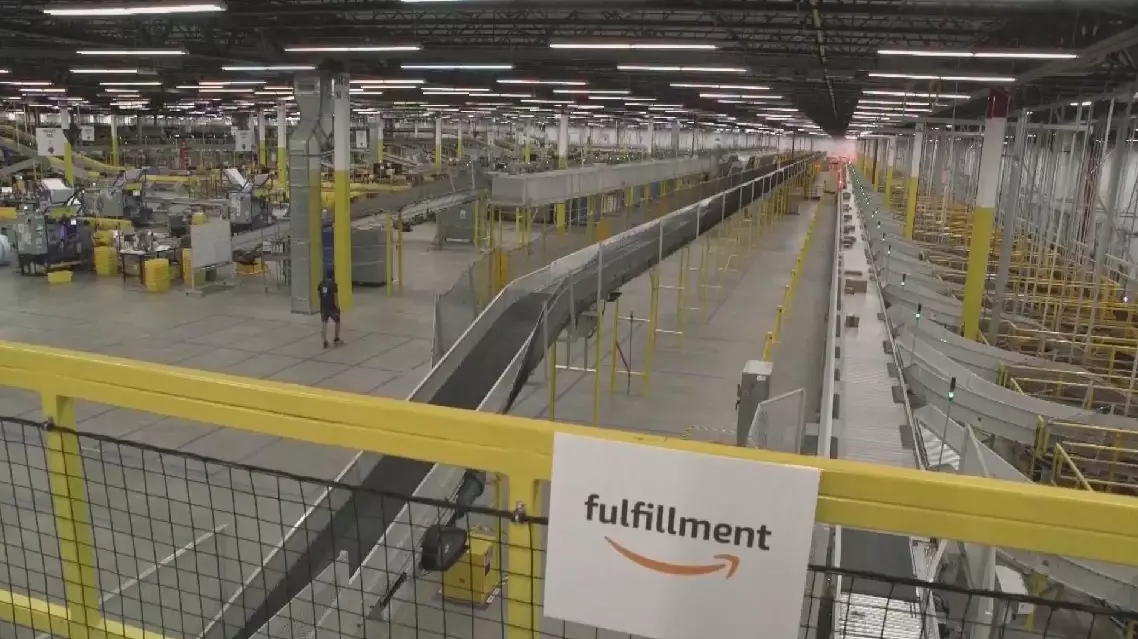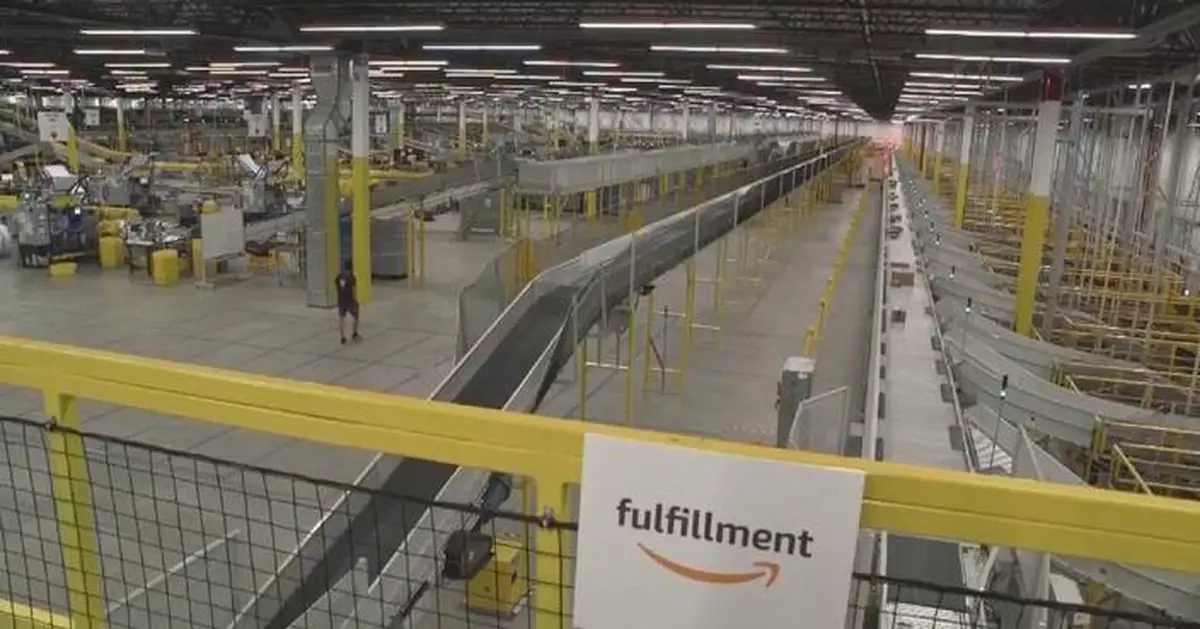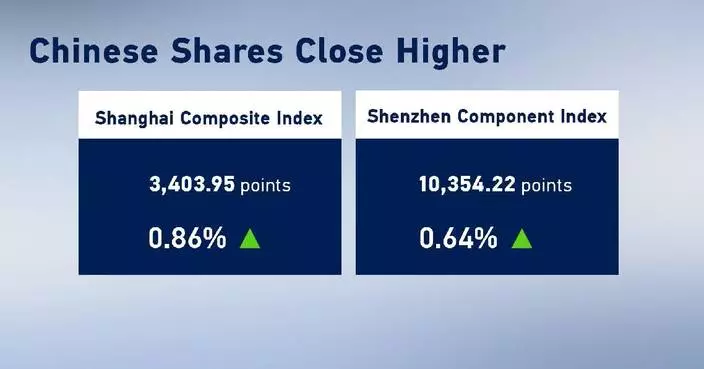U.S. tariffs are disrupting cross-border e-commerce, squeezing businesses and stalling supply chains, warned a U.S. cross-border e-commerce practitioner on Friday.
Michael Michelini, a seasoned U.S. cross-border e-commerce practitioner, sources goods primarily from China and Thailand while offering consulting services to e-commerce enterprises. Reflecting on the tariff hikes imposed during Donald Trump's administration, Michelini expressed helplessness, emphasizing how these measures have stifled e-commerce businesses and stagnated the broader supply chain. "Unfortunately, some companies right now are just freezing shipments, I mean, nobody's buying from the factories. They are waiting because everybody's waiting, hoping the tariffs come down. Again, this hurts any importer, not really the factory, the supplier, it hurts the importer into the country it's going like the U.S. So, if you're U.S. business and you buy 100,000 dollars of products and you have to pay 150,000 dollars on top for tariffs, you are paying 250,000 dollars up front, hoping you make it back. So, some people have just frozen shipments and not even like paid for the duties that are stuck at port," he said.
A price comparison platform revealed that since April 9, when new U.S. tariffs took effect, prices for 930 Amazon products have surged by an average of 29 percent. These products span categories including clothing, household goods, electronics, and toys.
Meanwhile, other e-commerce platforms have announced rising operating costs due to "recent changes in global trade rules and tariffs," leading to price adjustments starting April 25. The soaring commodity prices are piling pressure on both consumers and businesses.
In response, Michelini remarked that it would be difficult for the U.S. government to achieve its goal of "manufacturing return" merely by imposing tariffs, as they have disrupted supply chains and hindered competitiveness.
"I saw the gutting of the American middle class and the gutting of the American manufacturing base in the 1990s. And I was just a kid and I had to hear from my uncles losing their jobs. Yes, it was really hard. And to just now flip a finger and bring it back, I'm not sure if I'm being clear," he said.

Expert warns of U.S. tariffs disrupting cross-border e-commerce amid supply chain strains

Expert warns of U.S. tariffs disrupting cross-border e-commerce amid supply chain strains





















































